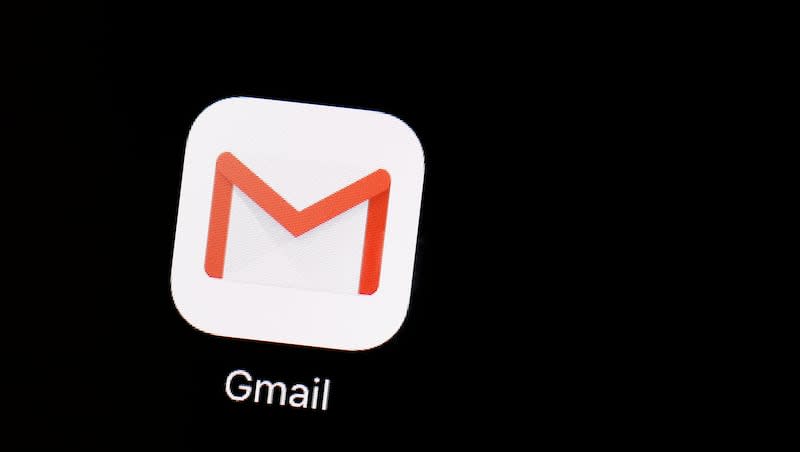As election season heats up, so do scammers

As election season heats up, so do scammers who want to take your money.
Voters will be inundated with emails, texts, mailers and phone calls over the next few months urging them to support or donate to a candidate. Scam artists tend to prey on this time of year when it’s not unusual to receive contact from unknown sources, according to the Better Business Bureau. They try to trick donors into believing they are supporting their preferred candidate when, in reality, it’s a fraud or scam. And it ramps up as Election Day draws closer and campaigns take on a sense of urgency.
The Better Business Bureau advises people to be careful when asked to participate in a poll, survey or fundraising endeavor for a candidate. It could be a trickster hiding behind the computer screen.
AARP also warns against sham political action committees that mount aggressive phone, mail and social media campaigns to lure potential donors, often targeting older Americans. They might name-drop a prominent politician or high-profile media figure (who may not even be running for office), or press ideological hot buttons. Signs that a PAC is a scam include the PAC and its website disappearing and the phone number going out of service.
Legitimate PACs are federally registered groups formed to raise and spend money to elect or defeat candidates. Scam PACs might claim to support a particular politician or cause, but the vast majority of donations go to cover fundraising costs and for personal gain.
How to guard against fraud
The BBB offers these tips to watch out for to detect a scam during the 2024 election year:
Watch your email. Be wary if you receive an email asking for a donation. Never click on a link in your email; use a trusted browser to research the organization and make sure it’s legitimate.
Exercise caution when you receive a phone call. You might receive a call asking you to answer a survey or register to vote. If the survey asks for personal information, such as your Social Security number or banking numbers, hang up the phone. Never hand out your personal information to someone reaching out via phone. Also, no state offers voter registration by phone.
Don’t answer text messages. Scammers might text asking you to respond to a question or open a link for a survey or fundraiser. Your answer might prompt a call from the scammer using tactics to convince you that your accounts are compromised.
View prizes and incentives as a red flag. If you’re offered a prize or incentive for voting or completing a survey, watch out. Legitimate pollsters don’t typically offer gifts for participation. Scammers could be trying to access your financial account information under the guise of a prize.
Know what you shouldn’t be asked. Pollsters might ask for demographic information or what party you most align with. You shouldn’t be asked for personal information like birth dates, Social Security numbers or financial information.
Listen to your gut. If something seems strange, protect yourself and cease communication. When in doubt, check with your local election office.
Suspicious activity can be reported to the BBB’s Scam Tracker. Suspected fraud can also be reported to the FBI at 202-324-3000, or online at www.fbi.gov or tips.fbi.gov.

